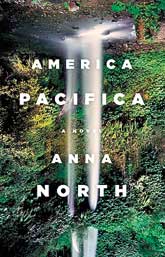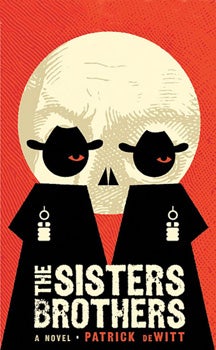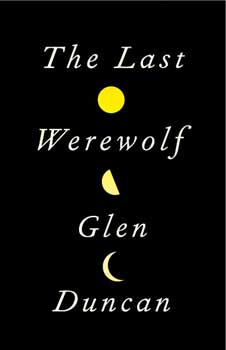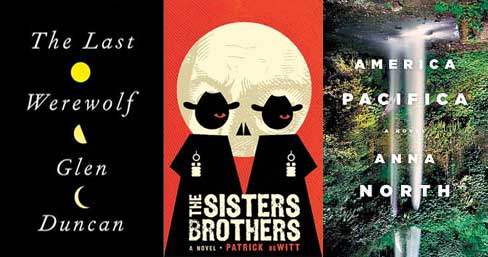Escape Pods
Who wants to spend the summer flipping through accounts of brooding characters just like us who suffer the same problems we do? Not me. I’ve read a bookmobile of contemporary novels in the past five years but can recall exactly two that I’d read again—genre novels both. Genre fiction may be the bane of lit-crit eggheads, but what isn’t exciting about whip-smart word artists applying fresh paint to tried-and-true constructs? This summer, publishers seem to have caught the bug: the season’s best adventure stories are genre yarns that free you from the Connecticut in your mind.
America Pacifica by Anna North
Sci-Fi Thriller

Darcy is the 18-year-old protagonist, but the setting is the character that steals the show in Anna North’s first novel, America Pacifica (Little, Brown, $25). It’s the not-so-distant future, after the next ice age, and Darcy’s mother has suspiciously disappeared. Darcy floats around the island of America Pacifica looking for clues to her mother’s disappearance but instead finds herself sucked into the dark politics of the sodden, impoverished country. It’s a place where everyone eats jellyfish powder and wears clothing made from proprietary Seafiber. Think Waterworld with the skill of Winter’s Bone.
The Sisters Brothers by Patrick DeWitt
Western

I’m a big fan of the revisionist western, but none I’ve read are as funny and strange, or as oddly warm, as Patrick DeWitt’s The Sisters Brothers (Ecco, $25). Our antihero and narrator is Eli Sisters, a portly killer for hire who hits the gold trail with his bloodthirsty brother Charlie for a contract job in California. Eli favors cleaning his teeth to drinking whiskey, love to lust; he has an irrational attachment to his steed, Tub, a half-blind geriatric flea biscuit. As for the vocation of killing, he’s conflicted: “I thought, how many times have I pulled my pistol on a stranger and fired a bullet into his body … for the lone reason that he was firing at Charlie, and my very soul demanded I protect my own flesh and blood?” The novel is indeed about blood—familial and otherwise—and you’ll find yourself ashamedly pulling for the brothers Sisters like you did for Jules and Vinnie in Pulp Fiction.
The Last Werewolf by Glen Duncan
Horror

A literary vampire novel hasn’t been written since Bram Stoker’s Dracula. Werewolves, on the other paw, are retro-fresh, as Glen Duncan proves in The Last Werewolf (Knopf, $25). Jake Marlowe is a 200-year-old, Scotch-slurping, prostitute-humping part-time lupine in modern-day England who is, well, bored when he’s not wreaking havoc during the full moon. “Once a month I transformed into a monster,” he muses. “Fair enough. I killed and devoured humans, starting with my wife. Very well. But where did it all fit in?” This is the question that drives the narrative: Marlowe researches the origins of his species while trying to evade an occult-killing outfit called the Hunt. Things take a turn when Marlowe meets a she-wolf and he’s stalked by—trust me here—vampires that stink of entrails.


